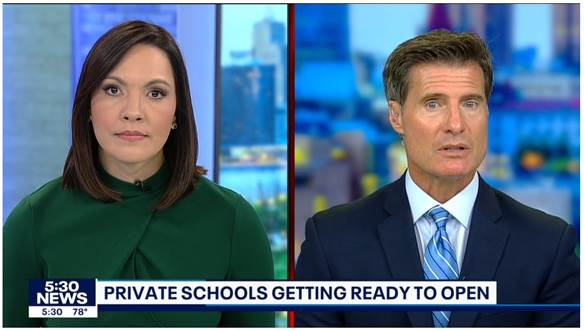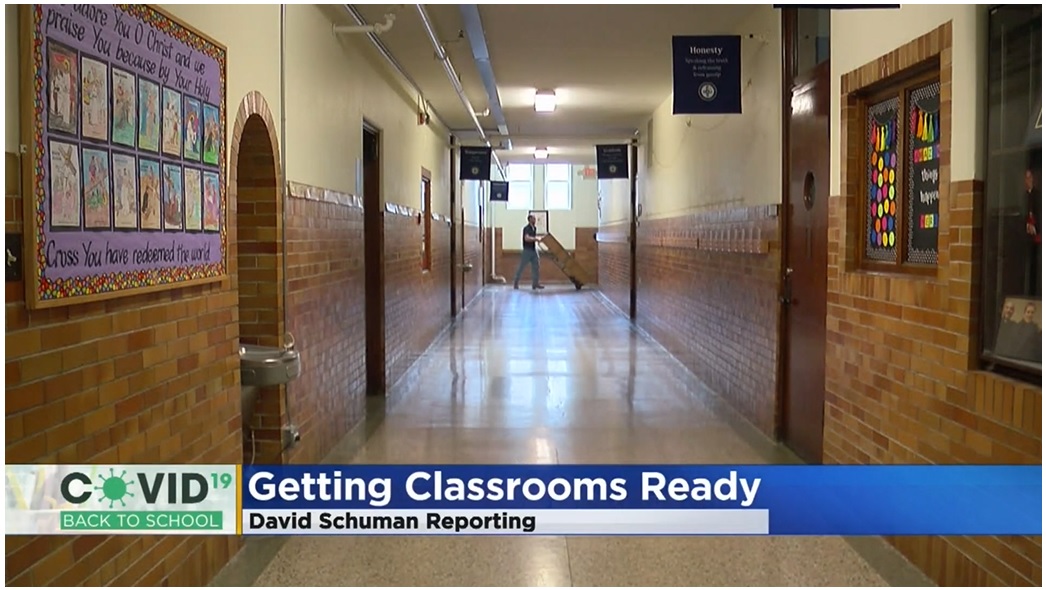It’s election season, and in the last 10 to 20 years, that means my neighborhood is peppered with lawn signs encouraging residents to vote for the latest school referendum.
A bit of a sigh escapes my lips when I see these signs, because they inevitably mean that taxes in my area will increase. But that extra money is supposed to be for the kids, right? Thus, I really shouldn’t complain…
Or maybe I should. Because maybe that money really isn’t going to the kids after all. In any event, it doesn’t seem to be improving their academic performance. In fact, the hard, cold data from the Minnesota Department of Education shows that as education spending increases, academic performance declines.
Former legislator Ken Wolf and consultant Bob Fallen explained this data in a recent interview with Liz Collins from Alpha News.
It’s commonly argued that education funding needs to increase in order to keep up with inflation, these two experts explained. But that’s only true when looking at the basic or general portions of the education budget, which is only 44% of the entire budget or “combined revenue.” And “combined revenue has exceeded inflation by 1.58% per year for 20 years,” Wolf said.
“Well, okay,” I can hear you say, “maybe they have been fudging the numbers a bit. But it’s for the children, right? What do some extra dollars matter if they’re helping kids get a better education?”
That last “better education” part is key, for the numbers Wolf and Fallen turned up on the Minnesota Department of Education’s website show that students are getting anything but a better education. For starters, here’s a look at the drop in Minnesota ACT scores over the last 10 years, a timeframe in which education funding increased by 39%. Composite scores dropped by 8.7%, while English scores dropped by 11.3%, as the chart below shows.

But perhaps not every student takes the ACT, so a more fair assessment can be done by looking at general academic proficiency in Minnesota schools. Unfortunately, things only get worse, for in the last 10 years, Math proficiency has dropped 27.3%, Reading has dropped 13.7%, and Science has dropped 24.8%.

There are a lot of conclusions one can make from these numbers. But one thing is clear: more money doesn’t seem to be the answer. If we’re going to give our children a better education, it’s time parents and average citizens get serious and start thinking outside the box.
—
Image Credit: Flickr-Marco Verch Professional, CC BY 2.0













![[downloaded during free trial]](https://oakmn.org/wp-content/uploads/2025/11/iStock-1430368205-120x86.jpg)